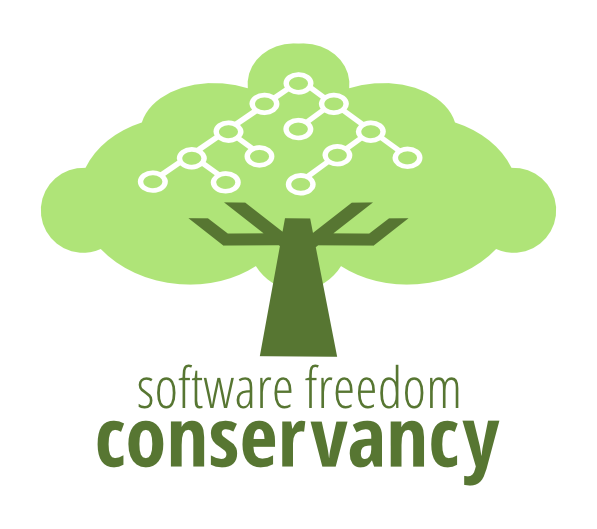
Permission to Sell FOSS in the Microsoft App Store Restored
Microsoft heeds SFC’s request to reverse problematic policy
July 18, 2022
Software Freedom Conservancy congratulates Microsoft for changing the terms of their app store to again allow commercial distribution of Free and Open Source Software (FOSS). Microsoft deleted their previously proposed text (originally slated to go into effect over the weekend) which would have prohibited “profit[ing] from open-source … [when that] software … is otherwise generally available for free”.
Last week, we explained the disaster that would ensue if the policy was enacted. While some argued that the policy was essential to avoid the problem of “clones” of FOSS programs on app stores, our Policy Fellow also explained how the FOSS community has long used trademark policies and enforcement to mitigate this problem in “app stores”. We remain open to discussing this in detail with app store policy-makers, including Microsoft.
Meanwhile, we welcome this correction to the policy. We are glad and hopeful that Microsoft has recognized its obligations to FOSS communities which rely upon income received from selling their software, but note that Microsoft’s policy-making process in this regard creates turbulence, friction, and fear in FOSS communities. It’s thanks to the constant vigilance by FOSS activists (including our colleague Rafael Rivera — among many others in addition to our own work) that this Terms of Service change was identified.
Fundamentally, the proprietary and for-profit app store model creates centers of power that, even when implemented fairly, tend to curtail software freedom. Through vendor-controlled app stores, large corporations are problematic gatekeepers to commercial FOSS. As users we are beholden to the whims of the corporate economic stances and, in an increasing number of cases, app stores even forbid installation of our own software on our own devices. (Some companies seek to discredit users exercising their rights by rebranding such activity as “sideloading”). We’re excited about projects like F-Droid and Chocolatey that allow and encourage users‘ freedom to install the software they want on their own devices.
